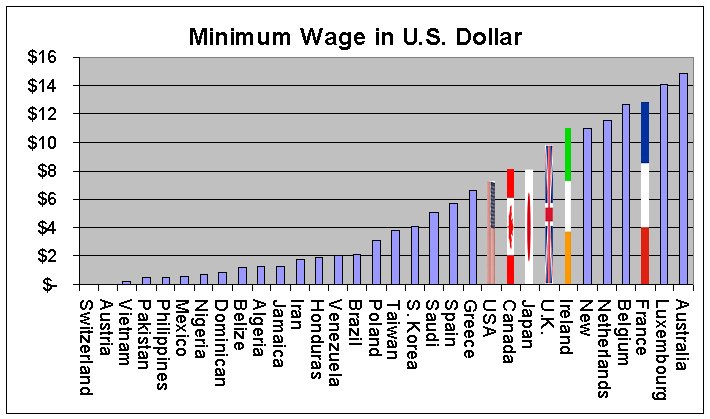Introduction
Six years ago, the minimum wage rate of Nigerian civil servants was increased to #18,000. This was quite a commendable effort and a good feat for the Goodluck Jonathan’s Administration. However, six years after, the minimum wage rate of a Nigerian civil servant still remains #18,000. This is irrespective of the fact that many things have changed, particularly the exchange rate and inflation rate. Major of the changes in the exchange rate that has taken place since 2011 include the drastic depreciation of the naira value from #150 to $1, to its current state of #360 to $1 market rate and #305 to $1 inter-bank rate.
Minimum Wage Realities
Now think of this, with #150 exchange rate then, a civil servant earning #18,000 would have an income of about $120 per month and could comfortably live on $4per day, which is above the international poverty benchmark of $2 per day. However, with the current #360 exchange rate, a civil servant earning #18,000 would have an income of $50 per month and would have to live around $1.5 per day which is below the international poverty benchmark of $2. Taking this into consideration, then one could say that with #18,000 minimum wage, Nigeria is currently below international poverty benchmark and thus conclude as a poor nation with that wage.
In light of this, the leadership of organized Labour Unions, last week presented a new demand for N56,000 monthly minimum wage, to the federal government. The President of Nigeria Labour Congress (NLC) Comrade Ayuba Wabba told a news conference in Abuja, that even though it is true that the economy is not doing well, but the law has stated that wages for workers must be reviewed after every five years”. Between 2011 till now is well over five years. He also explained that the “logic behind the new minimum wage is to ensure that no worker earns below what can sustain him or her for a period of 30 days”. This statement further backs up our analyses above.
Thus, the Federal government is admonished to look into the appeal of the NLC and reconsider the minimum wage rate. While, an increment from #18,000 to #56,000 may be a far cry, it would not be out of place also for it to be increased to at least 36k. This would enable one who earns the minimum wage to at least live above the international poverty benchmark.
In addition, the government should also look into the wage rate gap of its citizenry. While, the minimum wage rate is currently #18,000, MySalaryScale 2017 Analyses shows that there are still some individuals in Nigeria who earns well over #500,000 per month. The gap is too wide. This further suggests that the minimum wage should be increased with immediate alacrity.
Conclusion
Finally, as shown in that analyses, while only 5% of Nigerian employees earn above #500,000 per month, about half the number earn below #100,000. The gap is just too wide. Thus, even as an increment in the minimum wage is being encouraged, it also important that the government also look into the general wage rate of those earning above the minimum wage rate but less than #100,000. With all of these, the wide gap between the 5% of Nigerians earning over #500,000 and the other Nigerians earning below #100,000 would have been closed.




